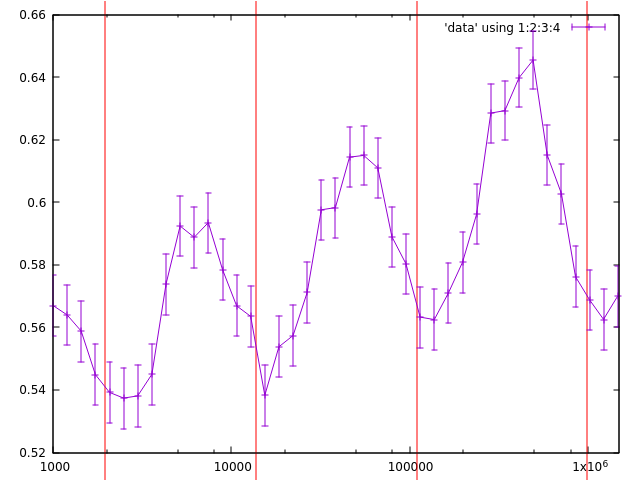Consider the following process. You start with $n$ nodes in different colors $c=c1,c2,...$ (representing an opinion). Say, $n=5, c=1,2,3,4,5$. Now each node checks which colors have weak majority (here, all :-) and takes a random one. Say, $c=1,3,3,5,1$. Only $1,3$ have majority. Rinse and repeat: Say, $c=3,3,1,1,3$. Next step, $c=3,3,3,3,3$, we have agreement, stop. Of course now it is interesting how many steps $E$ the process needs in the average (it's VERY fast).
Here are the values of $E$ for $1\leq n \leq 9$ via a simple (ehem) Markov chain calculation: $0,2 ,15/7 ,334/145 ,5575/2404 ,2562531/996556 ,374308417/151539984 ,20507023600358/7758785772837 ,37796077434852247/15034331949432832.$
Clearly the numbers are evil, even the denominators. I would already be content with a much simpler question: What happens if $n\rightarrow\infty$?
a) $E\rightarrow\infty$ (very slowly), since it can hang up in ties arbitrarily often,
b) $E\rightarrow 2$ (very slowly), since it's extremely probable one color has majority due to random fluctuation,
c) $E\rightarrow C$ (very slowly), where $C$ is Reddmann's constant (hey, I want to have something named after me in math, I'm getting old :-) which is about $2.5-2.6$, judging by numeric simulations. (I went until $n=100000$ which is small compared to $\infty$ but my computer is a snail.)

